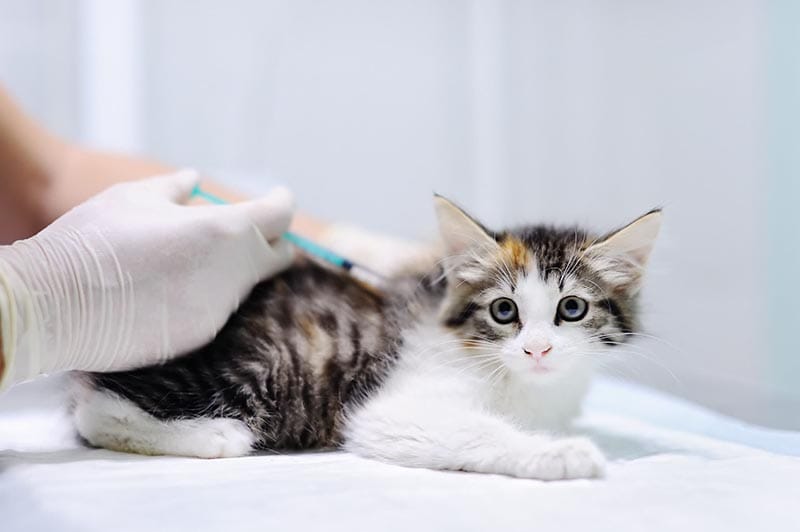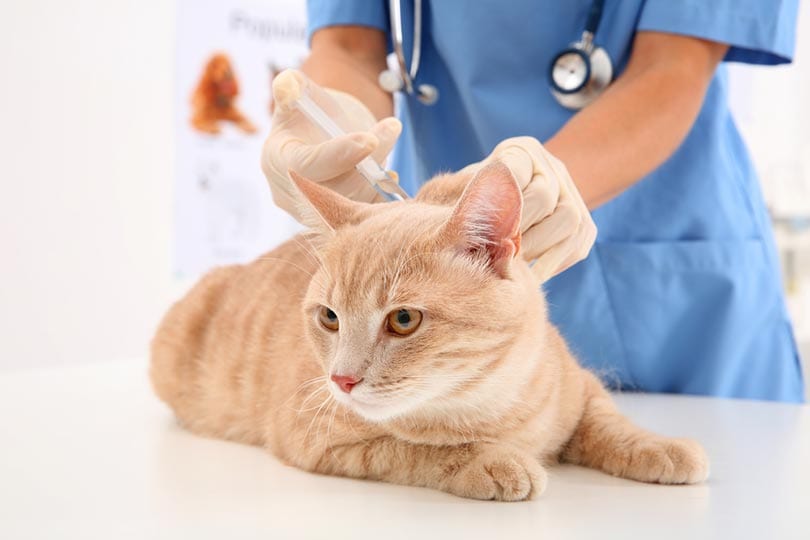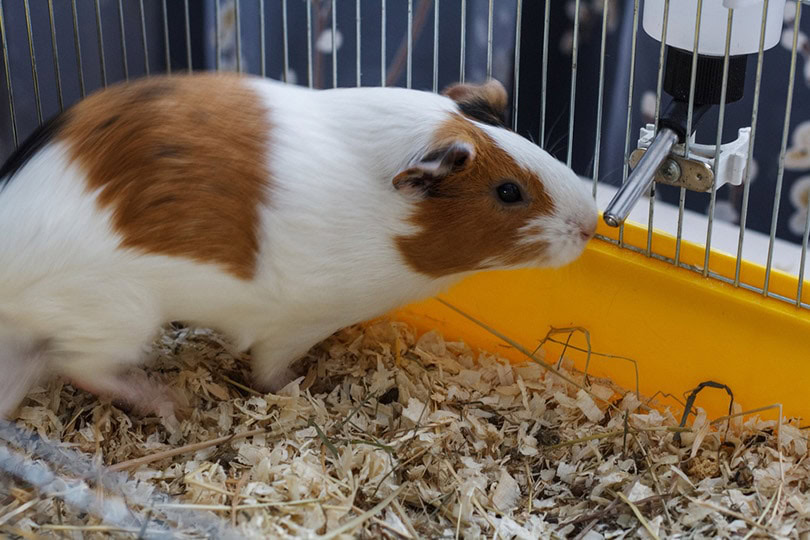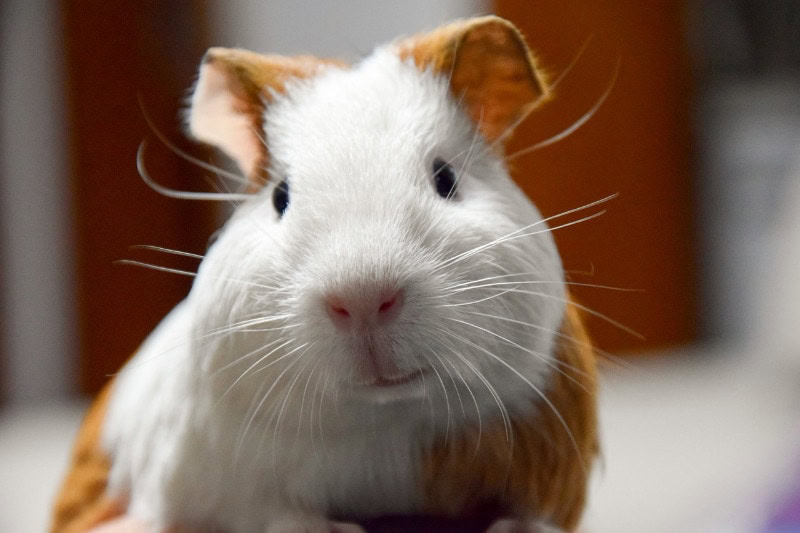VET APPROVED

The information is current and up-to-date in accordance with the latest veterinarian research.
Learn more »Click to Skip Ahead
Everyone knows that dogs need regular vaccinations, but what about indoor cats? Are annual cat vaccines necessary if cats aren’t allowed outside?
Yes, annual cat vaccines are a necessary part of protecting your cat’s health. This article goes over the important reasons why your cat needs vaccines.

Why Your Cat Needs to Be Vaccinated
Some states have laws that make certain vaccinations mandatory for cats, such as rabies vaccines. When your cat gets this vaccine, your vet will give you a certificate as proof.
But aside from the law, there are several diseases that indoor cats can develop. Vaccinations prevent your cat from acquiring potentially life-threatening diseases, especially at a young age. After the kitten vaccines, your cat needs regular boosters to stay immune.
The vaccines your cat requires depend on different factors, such as age and lifestyle risk factors.

What Vaccines Do Cats Need?
All cats—indoor and outdoor—need core vaccinations to protect against serious diseases. This is important even if your cat doesn’t spend time outside since they may acquire diseases during an escape or while visiting a vet or other facility.
- Rabies: Rabies is a fatal but preventable viral disease that can be spread to people and pets if they are bitten by an infected animal. The rabies vaccine is mandatory for cats in many states, but it’s also a good practice to avoid your cat getting rabies from an encounter with a wild animal. There is no cure for rabies.
- Feline viral rhinotracheitis, calicivirus, and panleukopenia (FVRCP): This is a combination vaccine that protects cats from the feline strains of viral panleukopenia, rhinotracheitis (herpesvirus), and calicivirus—highly contagious and potentially life-threatening diseases.
- Feline immunodeficiency virus (FIV) and feline leukemia (FeLV): These vaccines are typically included for outdoor cats or indoor cats that spend a lot of time outdoors since these viruses can be contracted from close contact.
- Bordetella: Bordetella is a highly contagious bacteria that causes an upper respiratory infection. This vaccine is recommended for cats that spend time at groomers or boarding facilities.
- Chlamydophila felis: This vaccine helps to protect your cat from chlamydia, which is a bacterial infection that can cause conjunctivitis.
Vaccination Schedule for Cats
Always follow your vet’s recommendations for when your cat should be vaccinated and specific vaccines, but generally, this is the schedule your cat vaccinations will follow:
Kittens begin vaccinations around six to eight weeks of age, which continue until about 16 weeks. These vaccinations are in series that are given every three to four weeks. They receive a booster a year later.
Adult cats need vaccinations less often—between one year and three years—depending on the specific vaccine. Your vet may want to include a booster if your cat has been exposed to a disease, such as after an encounter with a known rabies vector species like a bat or raccoon.


Conclusion
You may believe that your indoor cat is protected from contact with wild animals or feral cats and doesn’t need vaccinations, but that is not the case. Cats can be exposed to airborne pathogens through windows and doors, or they may dart out a door or window and have an adventure about town. Cats can also be exposed to diseases at boarding facilities or groomers. The best way to protect your cat is with regular vaccinations that provide some immunity from common feline diseases.
Featured Image Credit: Africa Studio, Shutterstock











